Blockchain technology has emerged as a powerful tool with the potential to transform the agriculture supply chain in India. By providing transparency, traceability, and security, blockchain offers solutions to challenges such as food safety, quality assurance, and fair trade practices. This article explores how blockchain is revolutionizing the agricultural supply chain, benefiting Indian farmers and stakeholders.
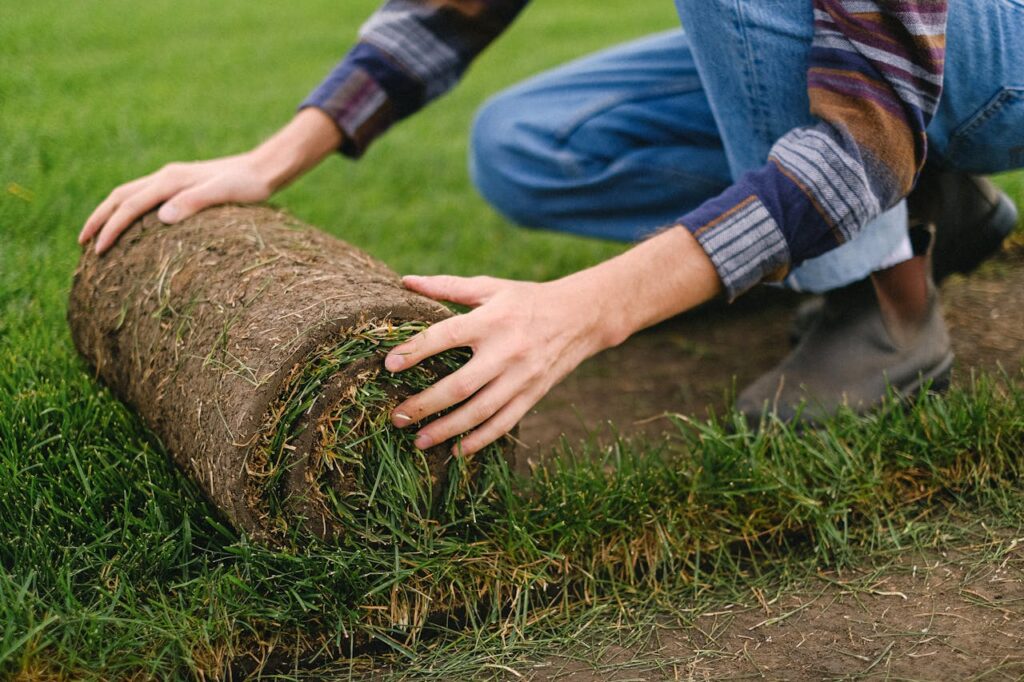
Understanding Blockchain Technology
Blockchain is a decentralized and distributed digital ledger technology that records transactions across multiple computers in a secure and transparent manner. Each transaction or data entry, known as a block, is linked chronologically to form a chain, creating a permanent and immutable record.
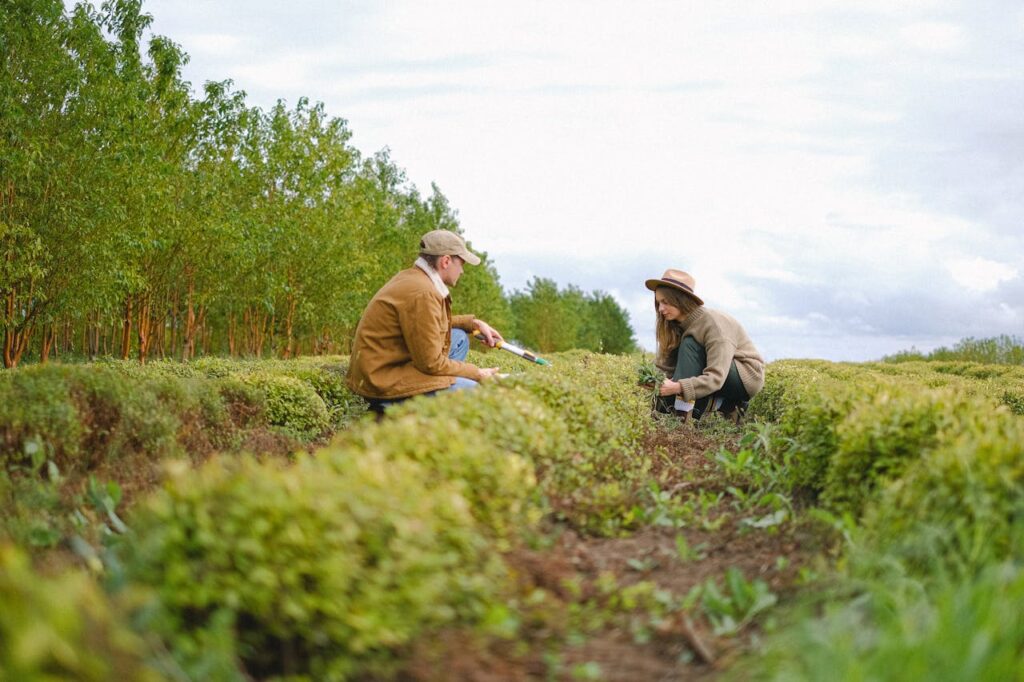
Applications of Blockchain in Agriculture
Traceability and Transparency: Blockchain enables end-to-end traceability of agricultural products from farm to fork. Each step in the supply chain, from production and processing to distribution and retail, is recorded in real-time. This transparency ensures authenticity and helps identify the origin of products, reducing the risk of fraud and counterfeit goods.
Quality Assurance: Farmers can record crucial information such as crop varieties, cultivation practices, and harvesting techniques on the blockchain. This data transparency helps maintain quality standards, adhere to certifications (e.g., organic or fair trade), and meet regulatory requirements.
Supply Chain Efficiency: Blockchain streamlines supply chain operations by reducing paperwork, eliminating intermediaries, and automating transactions. Smart contracts embedded in blockchain facilitate automatic execution of agreements when predefined conditions are met, enhancing efficiency and reducing transaction costs.
Fair Trade and Payment Transparency: Blockchain enables fair and transparent transactions between farmers, suppliers, and buyers. Smart contracts ensure that farmers receive fair prices for their produce, and payment settlements are executed securely and promptly.
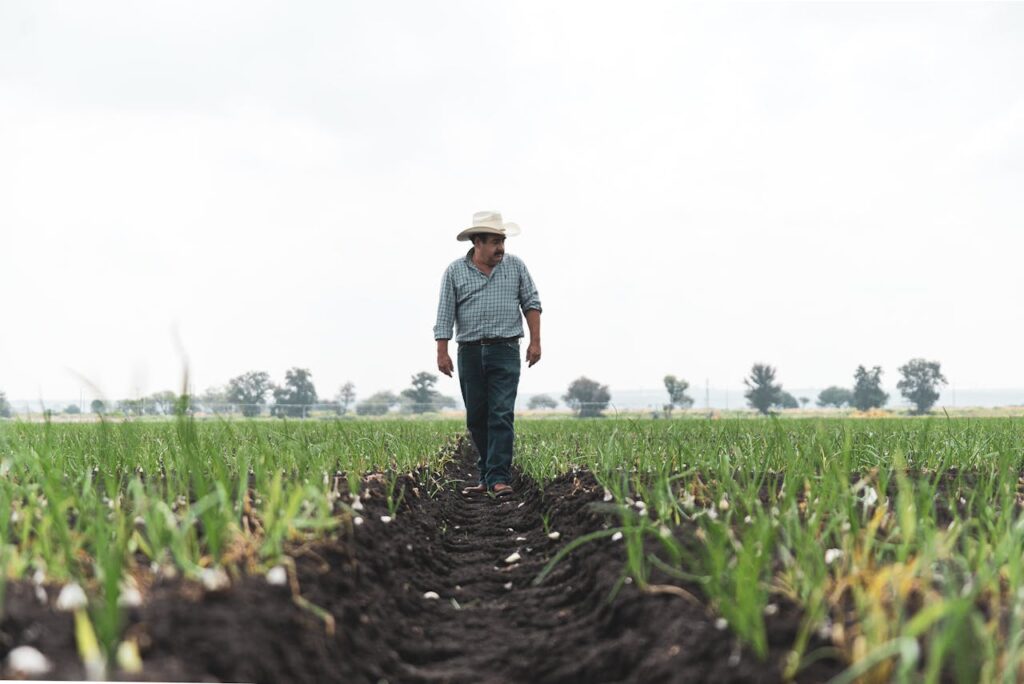
Benefits for Indian Farmers
Market Access: Blockchain facilitates direct market access for farmers, enabling them to connect with buyers, retailers, and consumers globally without intermediaries. This direct relationship improves market visibility and ensures fair pricing for agricultural produce.
Reduced Food Fraud and Waste: Enhanced traceability and transparency in the supply chain minimize food fraud, counterfeit products, and food waste. Consumers can verify product authenticity and make informed choices based on reliable information.
Access to Finance: Blockchain-based platforms can provide farmers with access to credit and financial services based on their transaction history and proven track record. This access to finance supports investment in farming inputs, technology adoption, and infrastructure development.
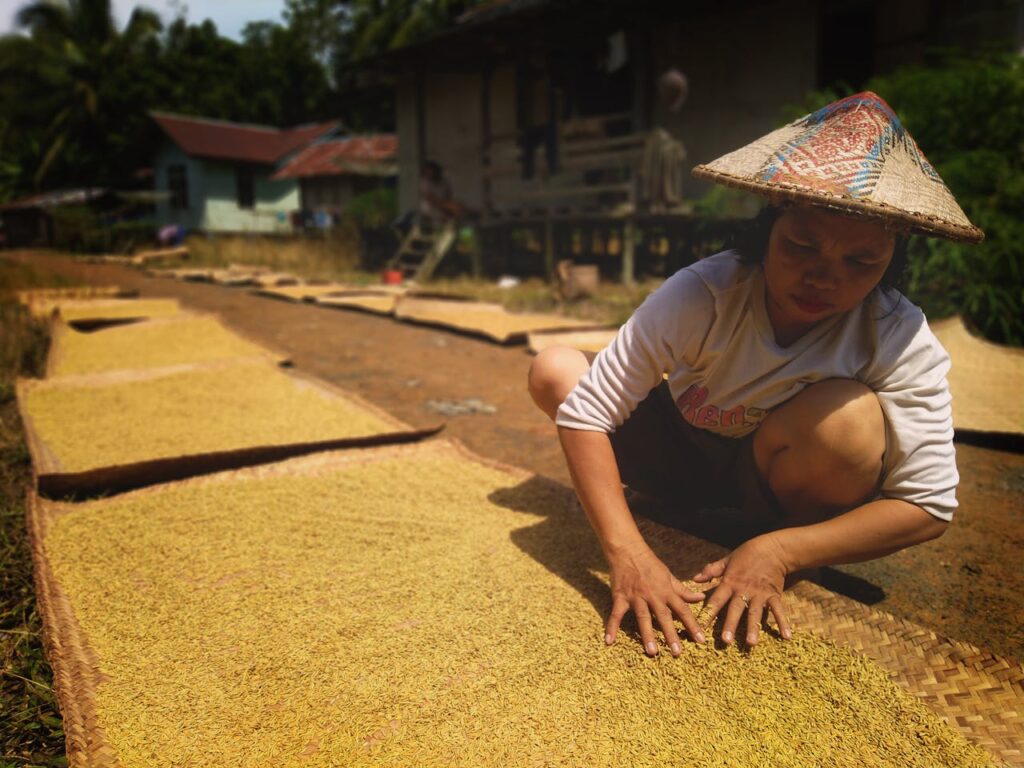
Challenges and Considerations
Despite its potential, blockchain adoption in Indian agriculture faces challenges such as:
Technological Infrastructure: Limited access to high-speed internet and digital literacy among farmers in rural areas may hinder blockchain implementation.
Cost and Complexity: Initial setup costs, technological integration, and training requirements for blockchain adoption can be barriers for small-scale farmers and stakeholders.
Regulatory Framework: Clear regulatory guidelines and standards are needed to govern blockchain applications in agriculture, ensuring data privacy, security, and compliance with local regulations.
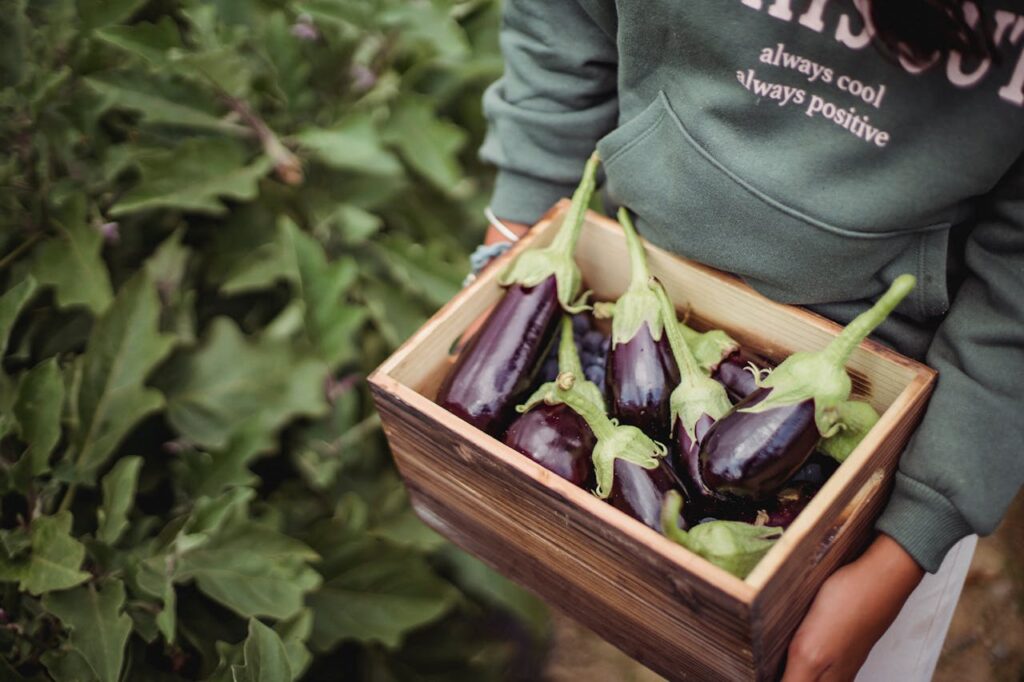
Government Initiatives and Support
The Indian government is exploring blockchain technology applications in agriculture through initiatives such as:
Blockchain Pilot Projects: Collaborative projects with stakeholders to pilot blockchain solutions in agri-food supply chains, focusing on traceability, transparency, and quality assurance.
Digital India Program: Improving digital infrastructure and connectivity in rural areas to support the adoption of digital technologies, including blockchain, by farmers and agricultural communities.
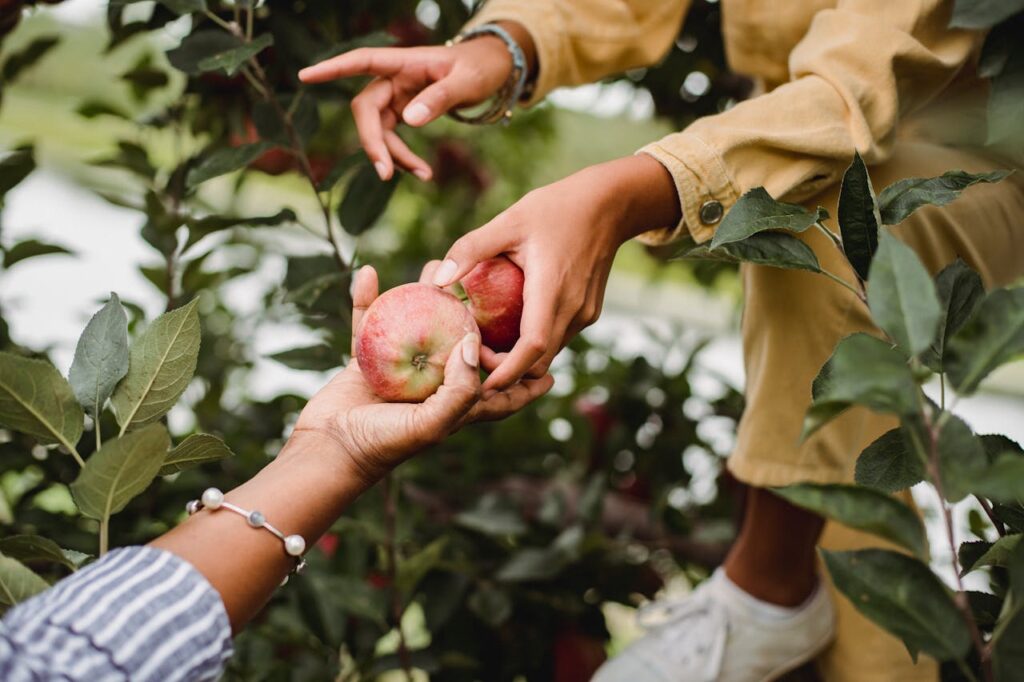
Future Outlook
The future of blockchain in India’s agriculture supply chain looks promising, with ongoing advancements and innovations:
Integration with IoT and AI: Combining blockchain with Internet of Things (IoT) and Artificial Intelligence (AI) technologies will enhance data analytics, real-time monitoring, and decision-making capabilities across the supply chain.
Scaling Solutions: Scaling blockchain solutions to reach more farmers, cooperatives, and agricultural markets, thereby enhancing market efficiency and sustainability.
Partnerships and Collaboration: Collaborative efforts between government agencies, private sectors, startups, and research institutions will drive innovation and adoption of blockchain in agriculture.
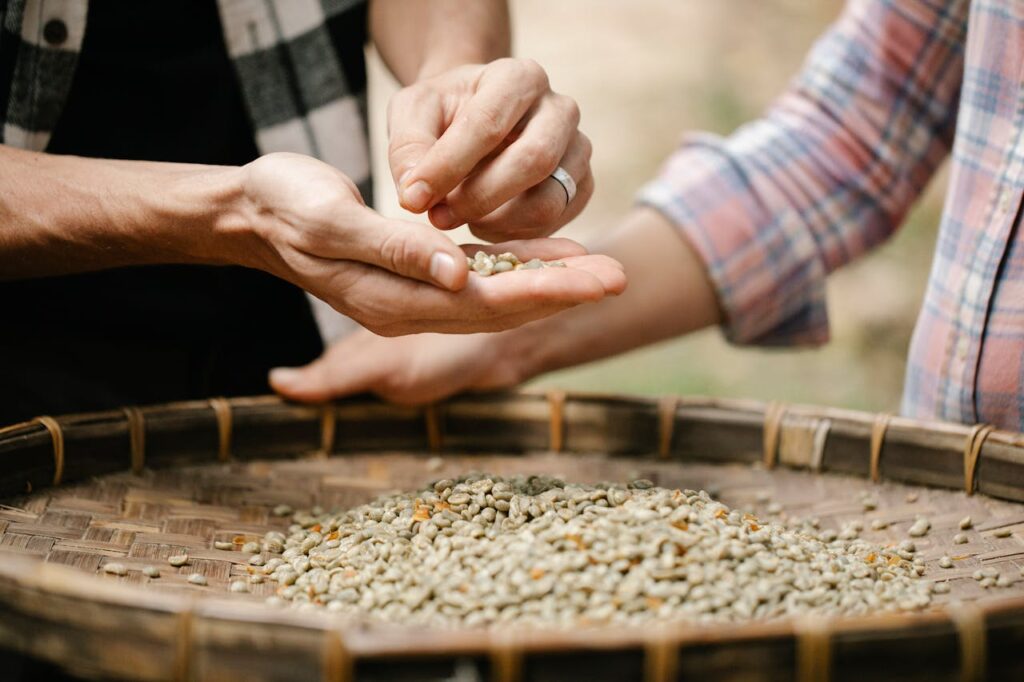
Conclusion
Blockchain technology has the potential to revolutionize India’s agriculture supply chain by enhancing transparency, traceability, and efficiency. By ensuring fair trade practices, improving market access, and reducing food fraud, blockchain empowers Indian farmers and stakeholders to participate more equitably in global agricultural markets.
In conclusion, embracing blockchain in agriculture represents a significant step towards building a resilient, transparent, and sustainable agri-food ecosystem in India, benefiting farmers, consumers, and the economy alike.